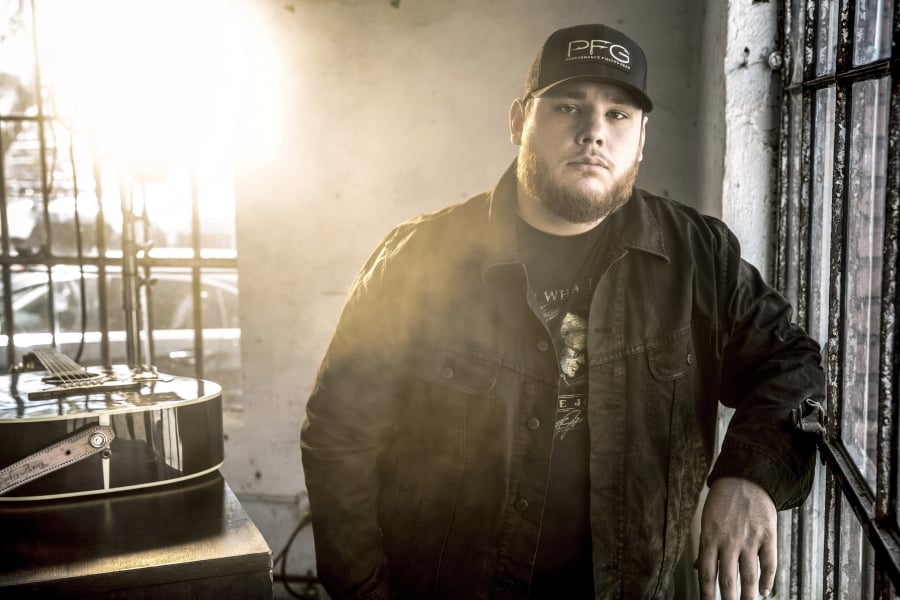About three years ago, songwriter Jonathan Singleton was at a bar in Nashville when a singer he didn’t recognize took the stage. Suddenly, the crowd started buzzing, as though a superstar had just arrived. “What is happening?” Singleton asked his friends, but they didn’t know, either. Singleton caught the singer’s name and then discreetly took out his phone to Google: Who is “Luke Combs”?
Singleton had no idea that soon it would be tough to find a country music listener who didn’t know the answer. But at that moment, as he heard Combs’s powerhouse voice belt out a song called “Hurricane,” he knew that he wanted to work with the guy. A few months later, Singleton signed Combs to a publishing deal with Big Machine Music. And “Hurricane” would eventually go triple platinum.
Fast-forward to now, and Combs, 28, has shot to stardom so quickly that it’s startling to almost everyone, including him. After he landed a record deal with Sony Music’s Columbia Nashville in fall 2016, his first four singles reached No. 1 on the radio, with the fifth (“Beautiful Crazy”) expected to soon hit the top of the chart. His debut record, “This One’s For You,” was the highest-selling country album of 2018. Most of the dates on his first arena headlining tour are already sold out. On Sunday, he’ll be in the national spotlight at the Grammy Awards, where he’s nominated for best new artist.
“It’s really the fastest thing I’ve ever seen in this town,” said Singleton, who has written hits for Tim McGraw, Billy Currington, Gary Allan and others. The thing he remembers most from that first night is how loudly fans sang along to Combs’s songs, which had found early popularity online. “He really hit the nail on the head of what they were looking for.”




